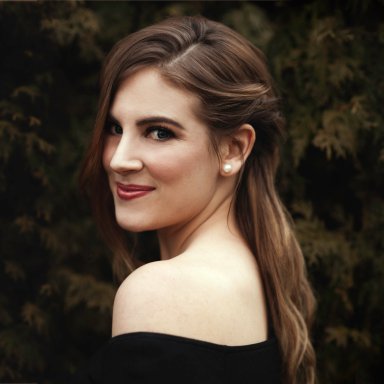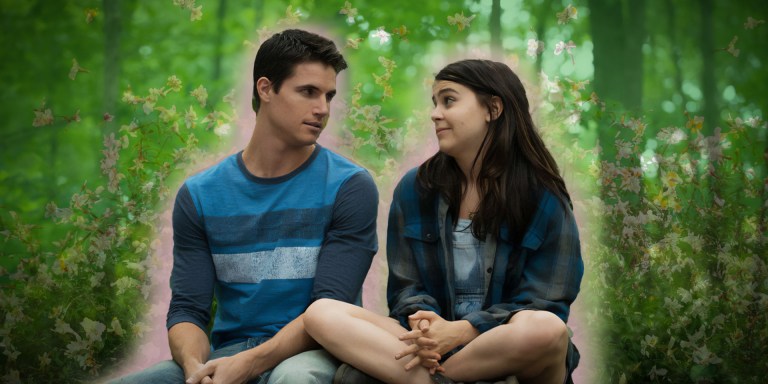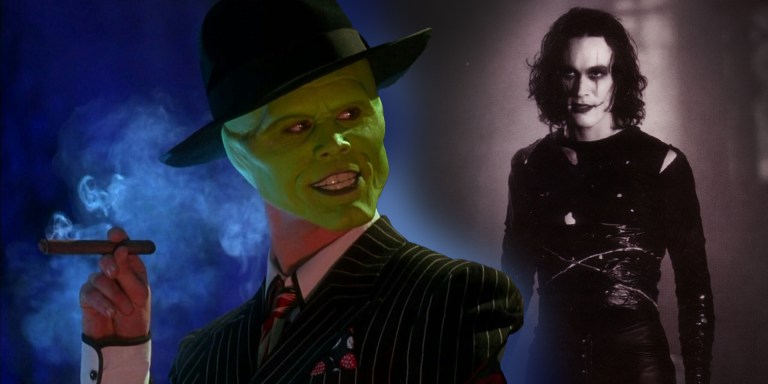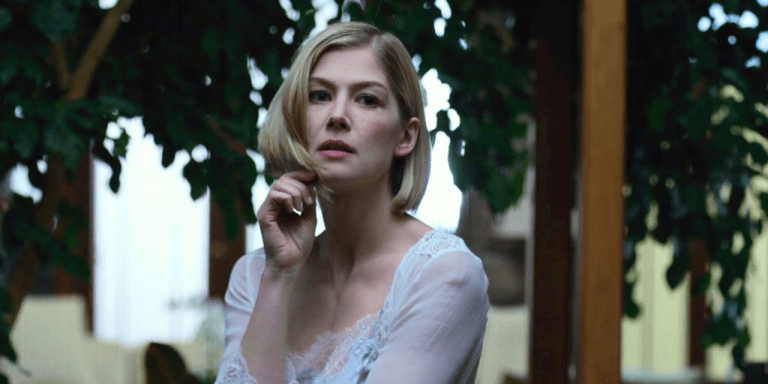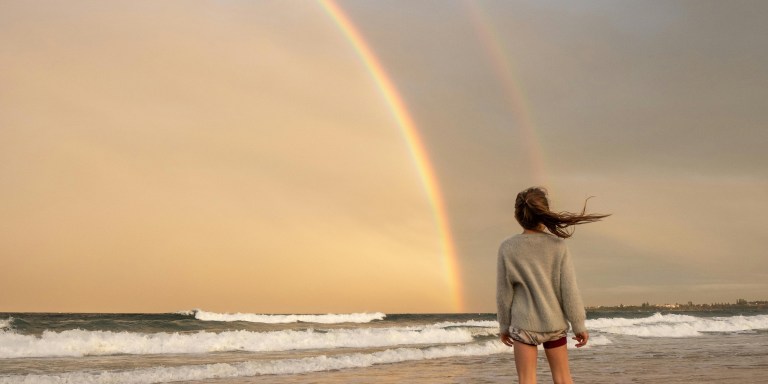In our youth, friendships are much more like love affairs.
They come on passionately, intensely, strong. We meet someone whose mind matches ours and get lost in a world of our own making. We speak a different language with our friends when we are young – made up of our histories, our stories, our inside jokes and our greatest hopes. We get swept away in friendships in a way that is rivaled only by our greatest loves.
And yet something changes as we get older. It’s not that we can’t still confide in one another – we can and we frequently do. It’s just that our youth has worn off: all its melodrama, all its pain, all its ecstasy. We don’t need our friends like the air in our lungs anymore. We are able to take care of ourselves, suddenly and unexpectedly. We are no longer co-dependent and obsessed.
It’s a healthy, productive transition. And yet there’s a certain intimacy that gets lost.
Adult friendships are a calmer affair. They’re simpler and cleaner and much more straight-forward. They’re relationships of mutual support but no longer relationships of mutual chaos. And no matter how brilliant and strong they can be, there’s something about the frantic, desperate friendships we form when we’re young that can simply never be reconstructed.
They know the you that you have spent years perfecting, but they don’t know the you who came first.
They don’t know who you were before you knew any better. They don’t know the you who was still figuring it out. They weren’t there for every night you spent wasted or foolish or crying on the bathroom floor. They don’t know the times when you needed real help – when you were too out of control of yourself or too at the mercy of others. They weren’t there to pick you up when everything fell apart. They weren’t there to catch your first real falls.
No matter who we meet and fall platonically in love with as adults, there will always be a special place in our hearts for the people who knew us at our most vulnerable. For the people who helped us grow, who coached us into ourselves, who caught all our mistakes and misgivings. Those people know us in a way that nobody else ever truly can again. They know the raw parts of us, the messy parts. They know the intimacies that we spent years learning to cover up afterwards. They know all of the parts we later learned to push down.
There’s an honesty that comes from knowing someone when they had not yet constructed the persona of who they’d like to be and how they want the world to see them. The friends that we acquire in our youth see us with x-ray goggles no matter how successful and respectful we become. To them, we aren’t the award-winning professional or the responsible mother of three.
To them, we will forever be that teenage girl who had her heartbroken. We’re the lost and reeling college dropout, struggling to find their direction. We’re the person they helped put back together when we were in a thousand pieces and in many ways, that is a relief.
There are people who can meet us decades down the road and instantly know the parts of us that we’ve learned to keep hidden for so long.
Because the truth is, other people may know our history, but those people know our core.
And no matter how much changes, no matter how much time passes, and no matter how much even we ourselves forget it – you can’t replace the core.
It lives on inside of every person we’ve loved and trusted fully – back when we were just young and reckless enough to let ourselves. ![]()

